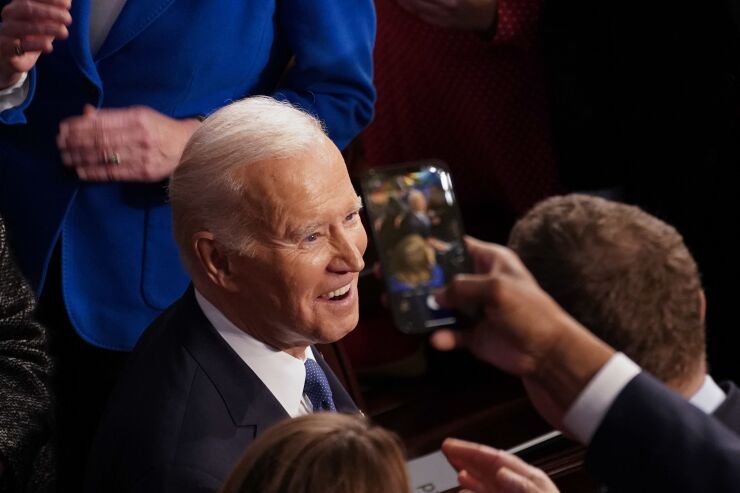The Inflation Reduction Act of 2022 includes a provision that taxes stock buybacks, applying a 1% nondeductible excise tax on the repurchase of stock, net of new share issues, by a publicly traded company for over $1 million within a fiscal year. Interim guidance was issued in late December 2022.
There is the idea that stock buybacks are a manipulation by executives to benefit themselves at the expense of shareholders, acknowledged John Diamond, the director of Rice University's Baker Institute Center for Public Finance, and Joyce Beebe, a fellow at the center. This may be true for a small number of firms but not the vast majority, they suggest.
They argue that the financial system should not incentivize nor restrict the distribution of corporate profits, because actions that raise the cost of capital — such as taxation — tend to lower investment and may lead to worse outcomes.
If the tax is meant to discourage stock buybacks, it is unlikely to have a significant effect, Beebe remarked. "A 1% tax will barely move the needle to have companies refrain from stock buybacks," she said.
That may be the thinking of the Biden administration, spurring a proposal in President Biden's Feb. 7, 2023 State of the Union address to quadruple the tax to 4%.

"This is a contentious issue, as highlighted by the passionate discourse for and against stock repurchases," Beebe observed. "Since the 1980s, corporations have increasingly used share repurchases instead of dividends as a means of returning funds to shareholders. The increase in the use of share buybacks is commonly attributed to there being greater tax and financial market advantages for share repurchases than for dividend distributions, as well as a change in regulatory rules in the 1980s."
One of the financial benefits of share repurchases is increased flexibility in returning funds to shareholders, she indicated. "Decreasing dividend payments is viewed as a sign that a company's economic outlook is deteriorating," she noted. "Because of this, share repurchases are preferred to dividend payments since they offer corporate executives more flexibility in the decision-making process — reducing or canceling planned open-market repurchases has a less negative effect than reducing a normal dividend payment."
Buybacks are also favored over dividend payments due to tax and financial advantages, Beebe observed. "The tax advantages stem largely from the deferral of tax payments on capital gains, with much of this advantage related to the deferral of capital gains taxes. If you're a shareholder, you don't have to participate in the buyback, but you can if you choose. And taxation of a buyback is based on the difference between the purchase and sale price, while a dividend is taxed on the entire amount."
But implementing buyback taxes in an attempt to curb the practice is not a good replacement for broader tax reform, she said.
"Tax policy issues are often interrelated with corporate financial policy," she explained. "For instance, major changes in the taxation of corporate profits held abroad have led American companies to direct money from Europe to the U.S., which has contributed to increases in corporate payouts in the last two decades. We should abstain from using the tax system as a tool to solve regulatory issues related to other policy failures, such as potential linkages between stock buybacks and executive pay packages. Instead of imposing a stock buyback tax, we should look at broader tax reform that eliminates the taxation of dividends and gets rid of the double taxation of corporate income."





